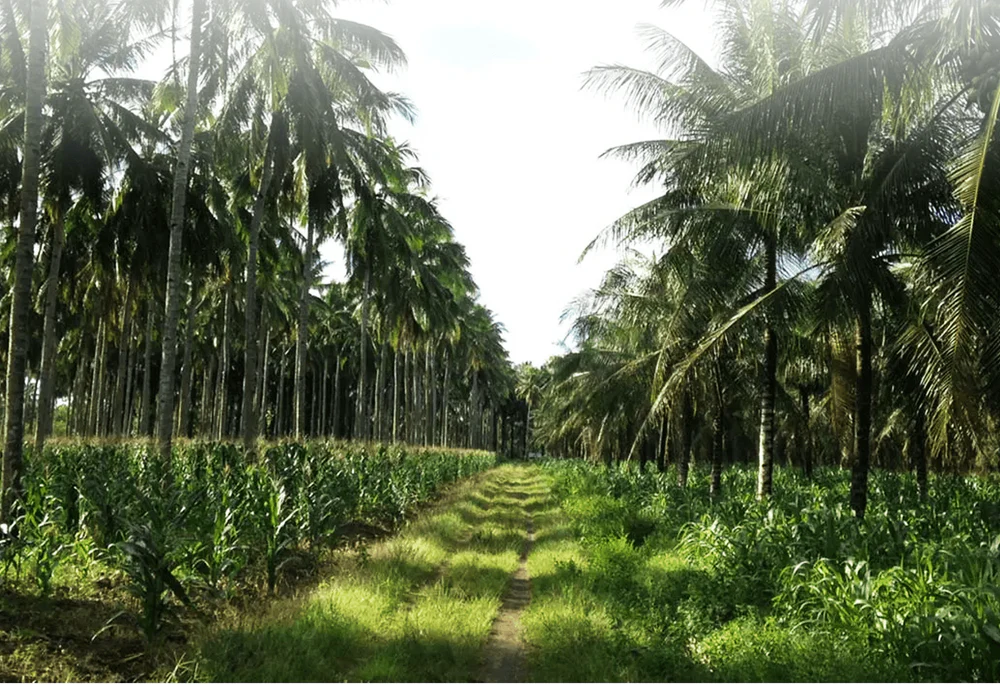Indonesia is advancing an ambitious plan to strengthen its coconut downstream industry, backed by major Chinese investment that is expected to deliver significant economic impact across plantation regions.
Indonesia’s Minister of Investment and Head of the Investment Coordinating Board (BKPM), Rosan Roeslani, confirmed that the first phase of the investment program is underway and is projected to generate thousands of new jobs, particularly in rural areas where coconut production is concentrated. Rosan said the early phase of the project is targeted to employ around 5,000 workers by the end of this year.
“Next year, employment is expected to reach 10,000 people, and the derivative products in this industry are extensive. This is what we are working on so that the value-added stays in Indonesia,” he said on Wednesday (26/11/2025), as reported by Detik.
Investment Expected to Lift Coconut Farmers’ Income
One of the government’s main objectives is to increase the selling price of coconuts at the farmer level. Historically, Indonesia exported raw coconuts to China, and high logistics costs reduced profit margins for farmers. By bringing processing facilities to Indonesian soil, logistics spending can be eliminated, enabling farmers to earn better prices.
“Previously, our coconuts were exported to China. They calculated the logistics cost, and this made selling prices for farmers low and less favorable. We convinced them to invest here so farmers could receive higher prices because there would be no more shipping expenses,” Rosan said.
Rosan noted that although plantation-sector investments may appear modest compared with Indonesia’s mineral downstreaming projects, their employment impact is often far greater. A Chinese-backed investment worth US$100 million is projected to create up to 10,000 jobs, a figure that Rosan described as highly significant for local economies.
“In terms of the investment size, it is indeed far smaller than mineral projects. But the US$100 million entering this sector can generate employment for 10,000 people, which is a very large impact,” he added.
A Long Supply Chain with Strong Downstream Potential
Coconut is considered one of Indonesia’s most versatile commodities, supporting a wide range of downstream products including food ingredients, cosmetics, bioenergy, and industrial materials. One of the active projects supported by Chinese investors is expected to process around 500 million coconuts per year. By relocating processing activities to Indonesia, the government aims to expand value-added industries, reduce dependence on raw commodity exports, and widen job opportunities for communities across coconut-producing regions.
Rosan stressed that the broader vision goes beyond attracting foreign investors. The government wants to ensure that Indonesia benefits from each stage of the coconut value chain.
“Coconut has many derivative products. We want the downstream activities and more job creation to happen here,” he said.
Source: Detik, Republika
Photo Credit: via https://parachutekalpavriksha.org/


